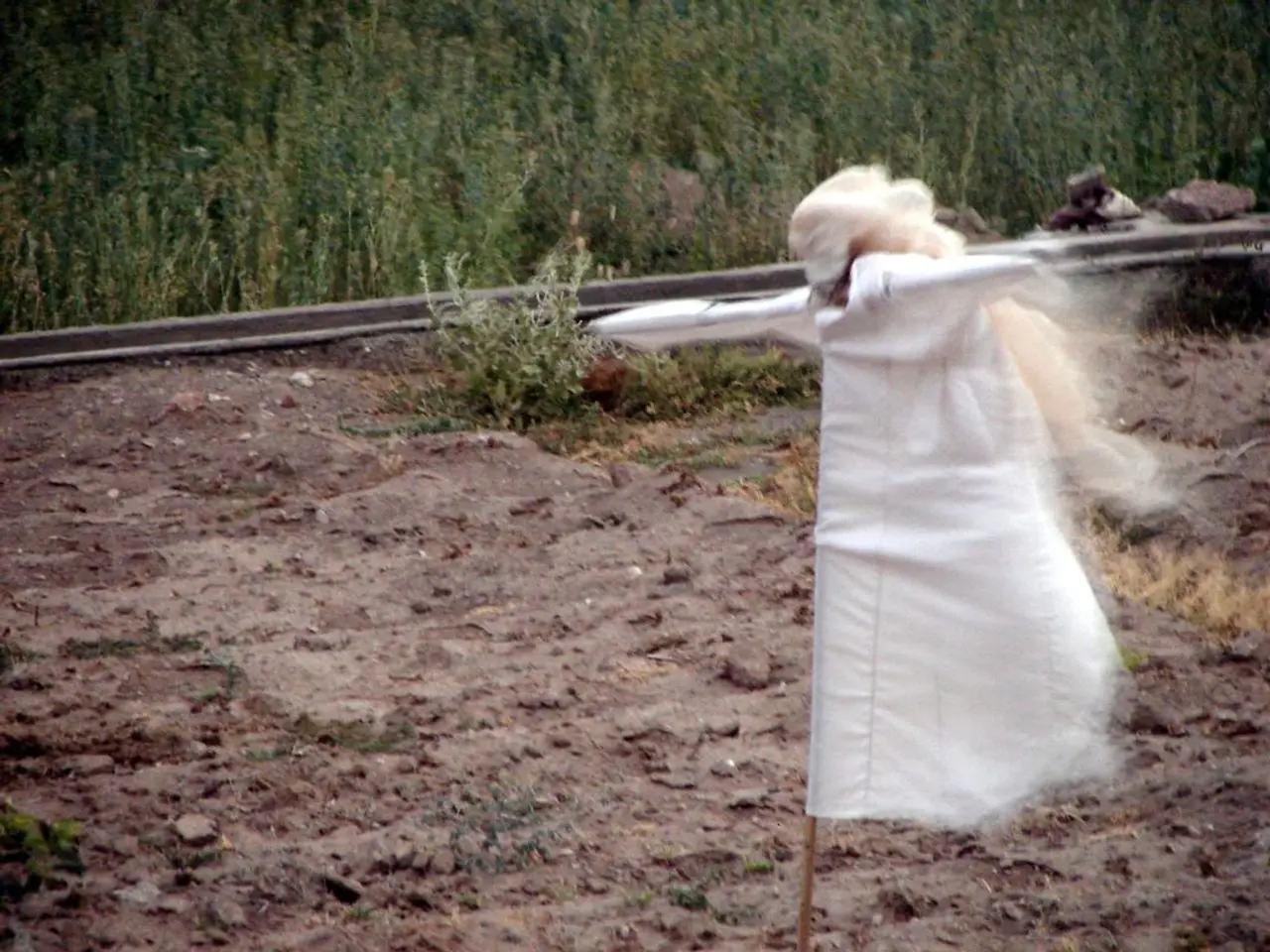Raccoons could prove to be an unanticipated ally for gardeners
In the realm of backyard gardening, raccoons have long been viewed as unwelcome intruders, causing damage to plants and disrupting the carefully cultivated landscape. However, a closer look reveals that these masked bandits may not be as villainous as they seem, offering ecological benefits that could make them more than just pests.
Ecological Benefits of Raccoons in a Backyard Garden
Raccoons, with their omnivorous diet, play a crucial role in the natural pest control of your garden. They feast on insects, grubs, and small animals, helping to keep these pests at bay without the need for chemical interventions.
Moreover, their presence contributes to the complexity of your garden ecosystem, supporting a broader web of biodiversity. This includes predators and scavengers that thrive on the raccoons' waste and leftovers.
Though less documented, raccoons' digging activities can indirectly aid in seed dispersal and soil aeration, much like the activities of squirrels.
The Downside of Raccoons in a Backyard Garden
Despite these potential benefits, raccoons are primarily known for their negative impacts on gardens. They have a tendency to damage plants, fruits, and vegetables by digging, trampling, and biting, often causing extensive damage to entire sections of your garden.
Their nocturnal digging and foraging can also uproot seedlings and trample beds, causing significant disruption. Raccoons are drawn to easy food sources and shelter in yards, which can encourage repeated visits that escalate the damage.
Striking a Balance with Raccoons
While raccoons do have a natural role in pest control and ecosystem diversity, the drawbacks of garden damage and disruption usually outweigh these benefits in a managed backyard garden setting. Many gardeners seek to keep raccoons out to protect their crops and maintain garden health.
Coexisting safely with raccoons involves securing compost and trash bins, harvesting ripe fruit and vegetables promptly, fencing off prized plants, and not intentionally feeding them. By adopting these measures, you can help maintain a balance in your backyard ecosystem, potentially leading to a newfound appreciation for these intelligent, social, and endlessly curious creatures.
Embracing a more holistic view of your backyard ecosystem might lead to appreciating raccoons more, recognising their role in the health, resilience, and biodiversity of your garden. After all, every creature, even the seemingly pesky raccoon, plays a part in the intricate web of life.
- Raccoons, by consuming a variety of insects and small animals, help maintain a natural pest control in your garden's ecosystem.
- The digging activities of raccoons indirectly aid in the dispersal of seeds and soil aeration, contributing to the overall health of your garden.
- In home-and-garden stores, you might find decorative items inspired by raccoons, as some people appreciate their unique characteristics.
- To foster a balanced and organic lifestyle in your garden, consider incorporating raccoon-friendly practices, such as avoiding chemical interventions and allowing for a diverse ecosystem.
- By composting kitchen scraps and not intentionally feeding raccoons, you can create an environment that coexists safely with these creatures without encouraging damage to your garden.






